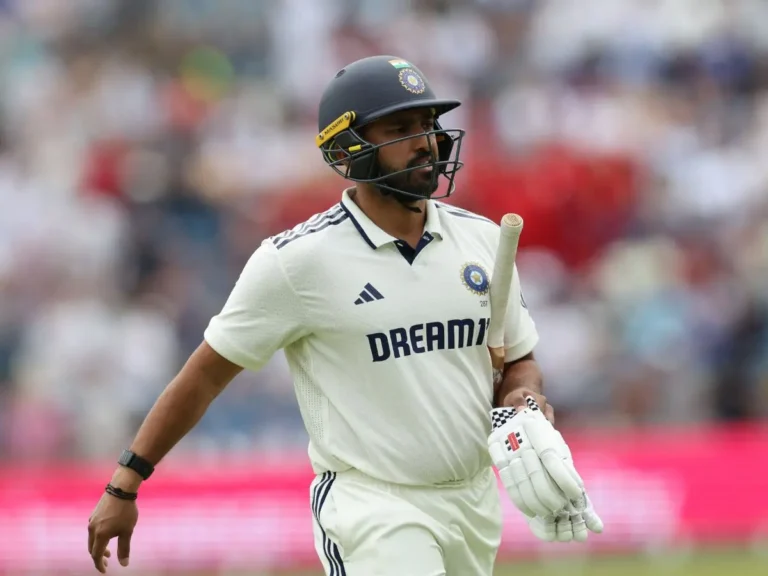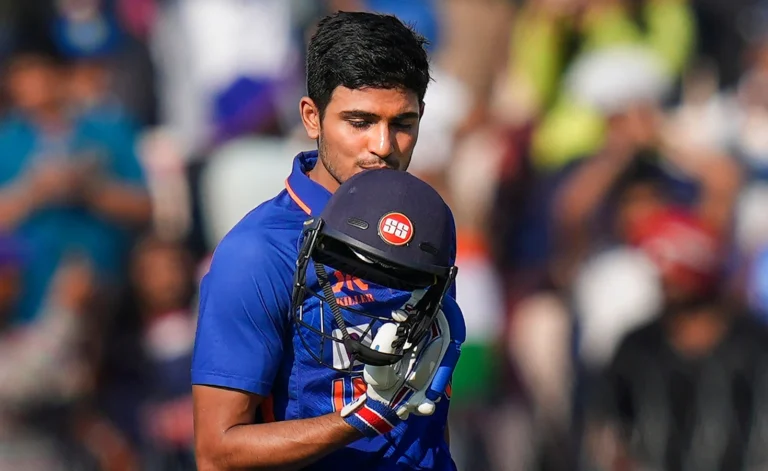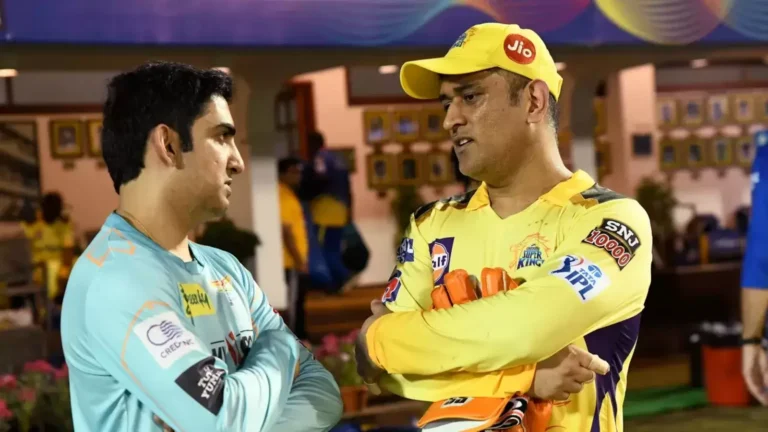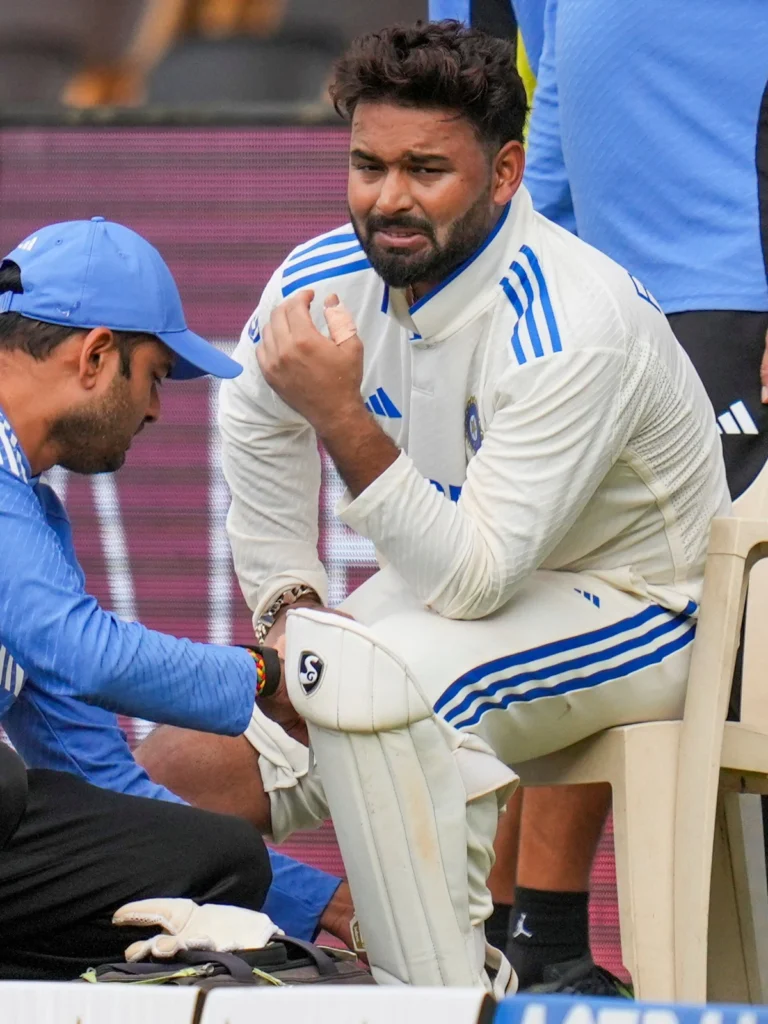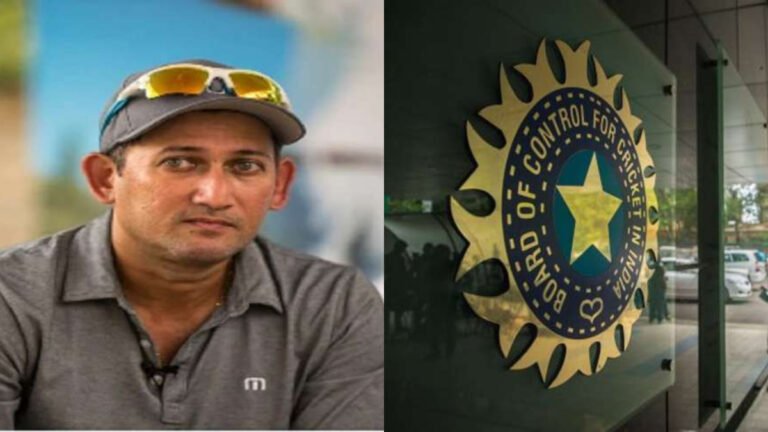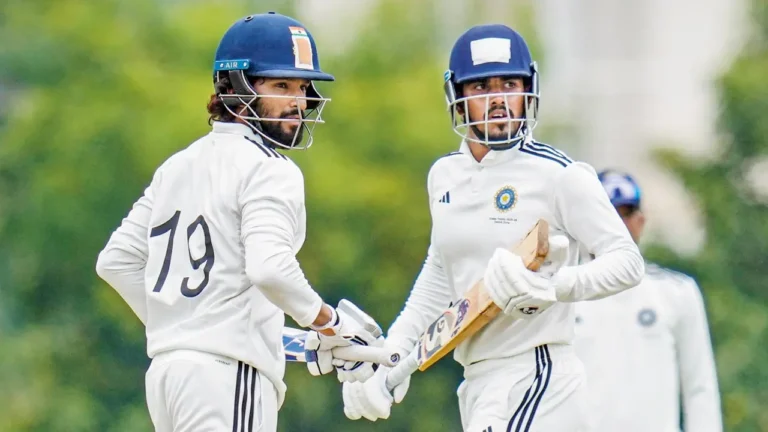The wounds of Pahalgam are still raw — a searing reminder of the 26 innocent lives lost in the April 22, 2025 terror attack. Now, as the Asia Cup 2025 approaches in the UAE, with India set to face Pakistan on September 14, the nation stands at a moral crossroads. This is more than just a cricket match. It is a test of our conscience. Boycotting this fixture is not merely an option — it is an obligation: to honor our martyrs, protect our nation, and cut off the financial veins that fuel Pakistan’s hostility.
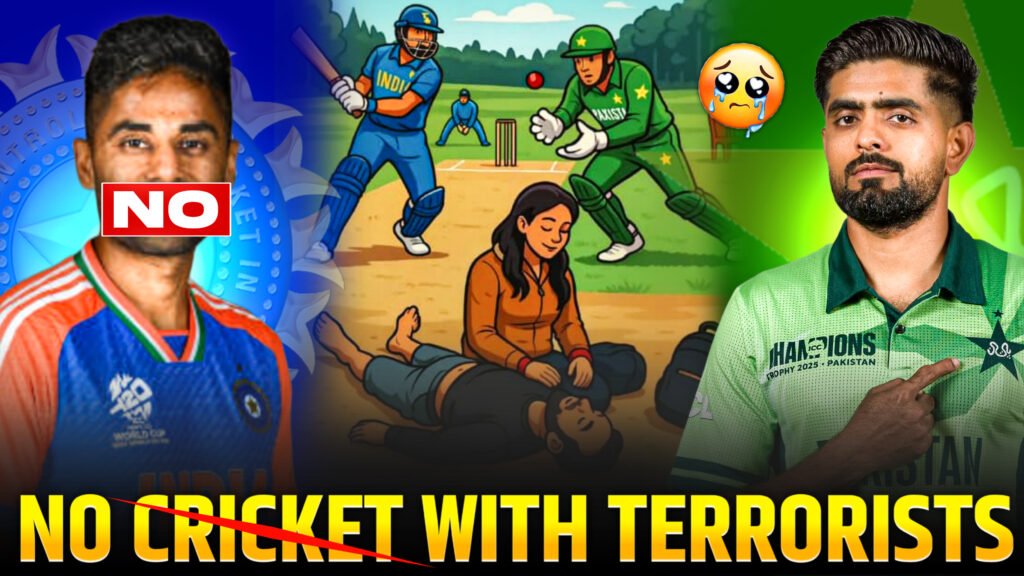
A Legacy Written in Blood
The India–Pakistan story has always been etched in sacrifice and sorrow.
- 1947 Partition: 14 million displaced, up to 2 million dead.
- Wars fought: 2,070 Indian soldiers laid down their lives in 1965; 3,843 in 1971; 527 in the 1999 Kargil War.
- Kashmir conflict: Over 47,000 lives lost by 2008, with 250,000–600,000 Kashmiri Hindus forced to flee their homes in the 1990s.
The tragedies are not just historical.
- 2019 Pulwama: 40 CRPF jawans martyred, triggering $12 billion in market losses.
- 2025 Pahalgam: A serene valley turned into a graveyard by Pakistan-backed terror.
These are not mere numbers — they are our fathers, mothers, sons, and daughters. Playing cricket against Pakistan in such a climate feels like betraying their sacrifice. Can we cheer for a six when their families still mourn?
The Financial Pipeline: Cricket’s Unseen Cost
Cricket unites India — but matches with Pakistan fill the coffers of our adversary.
The Pakistan Cricket Board (PCB) earns PKR 8.8 billion annually from ICC and ACC revenues, with India–Pakistan encounters generating massive profits — the 2024 T20 World Cup match in New York alone brought in $78 million. For the Asia Cup, PCB expects PKR 116 crore, calling it “vital” for survival.
But where does Pakistan spend its money?
- 2025–26 Budget: PKR 2.55 trillion ($9 billion) allocated to defense — 14.5% of the national budget.
- The army claims 46% of this, while funds for health and education shrink.
- Reports directly link Pakistan’s ISI to terror outfits like Jaish-e-Mohammed — the group behind Pulwama and Pahalgam.
Every ticket bought, every broadcast watched, becomes a drop in the war chest pointed at us.
The WCL Boycott: Proof We Can Stand Firm
In July 2025, the World Championship of Legends (WCL) gave us a glimpse of national resolve.
After the Pahalgam attack, icons like Yuvraj Singh, Harbhajan Singh, and Shikhar Dhawan refused to play against Pakistan. Sponsor EaseMyTrip withdrew, declaring, “Nation first, business later. Jai Hind.”
Yet now, with the Asia Cup looming, playing Pakistan risks undoing that moral victory. The BCCI had already refused to tour Pakistan for the 2025 Champions Trophy citing security concerns, opting for neutral venues like the UAE. So why dilute that stand now?
Yes, ICC rules threaten fines or bans for boycotts. But history — from the boycott of apartheid South Africa — shows that moral courage can reshape the game.
A Call to the Heart
Picture a mother in Pahalgam holding her child’s photo, or a Pulwama widow praying her husband’s sacrifice wasn’t in vain. Their grief is not a news cycle — it is a lifelong sentence.
Today, their voices call for justice. Boycotting the Asia Cup match would not only strike at the PCB’s PKR 8.8 billion revenue but also send a message to the world: India will not normalize relations with a state that harbors and sponsors terror.
The BCCI, under Gautam Gambhir’s “nation first” leadership, has the chance to lead with principle over profit.
The Time to Choose is Now
Boycotting this match will come at a cost — but playing it will cost far more in moral credibility. This is the moment to invest in our own — in grassroots cricket, in new stadiums, in future heroes.
On September 14, 2025, let the stands be empty, not our conscience. Let it be our tribute to the martyrs, our shield for the future, and our promise that terror and cricket will never share the same field again.
Jai Hind!

